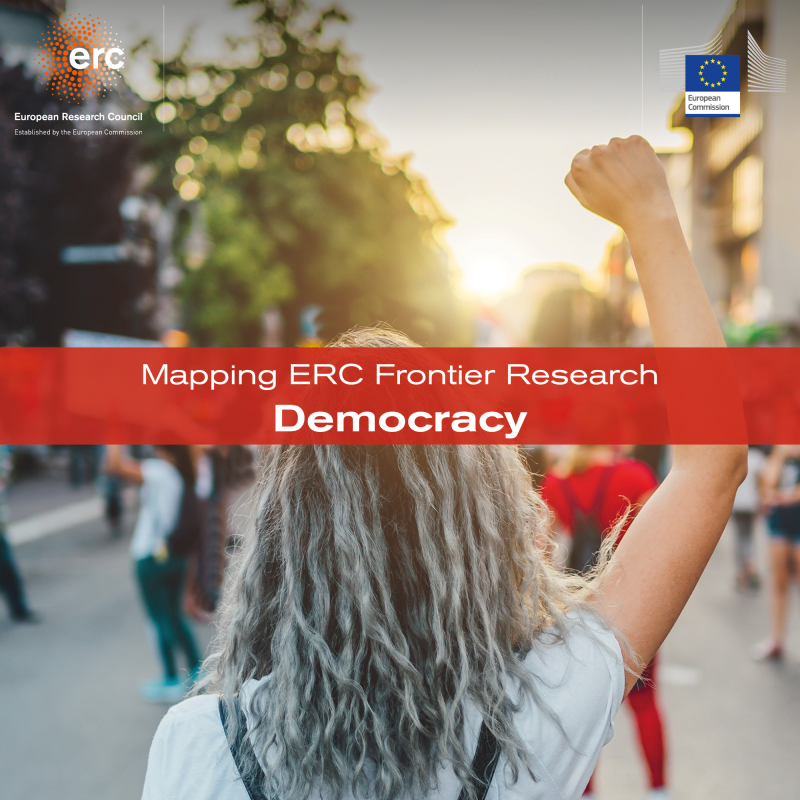European Research Council publishes report on Democracy
The research projects presented in the report offer valuable insights that can help shape EU policies, aligning with the objectives outlined in the European Democracy Action Plan and the recent Defence of Democracy package. With a funding commitment of €368 million from Horizon 2020 (2014-2020) and Horizon Europe (2021-2027), these projects contribute to advancing our understanding of democracy in the 21st century.
The projects are presented along six thematic clusters:
- Democratic Governance and Political Representation, which delves into the division of power, legitimacy, political parties, transparency, eroding trust, gender equality, and the robustness of democracies.
- Elections and Voting, that covers voting behaviour, electoral expectations, intergenerational differences, election campaigns, and methods for enhancing inclusivity.
- Citizen Engagement, that examines citizen participation, including participatory governance and budgeting, direct democracy, data activism, citizen movements, protests and more.
- Human Rights and the Rule of Law, that explores the rights of people with disabilities, regulation of sensitive data management, prison management, EU constitutionalism, and the impact on democracy of emergency legislation.
- Countering Disinformation, that addresses the rise of bots, spread of disinformation and fake news, and proposes innovative ways to combat them, along with addressing social media propaganda by foreign powers.
- Polarisation, Populism, and Authoritarianism, that explores the connection between conspiracy theories and populist movements, authoritarian politics, political polarisation, and anti-elite sentiments.
This report is part of a series aiming to demonstrate the relevance of ERC-funded curiosity driven frontier science for addressing societal, economic and environmental challenges and their contributions towards key EU policy goals.
More information on this activity and other published reports on different policy themes can be found here: Mapping ERC frontier research: an overview | ERC (europa.eu)

